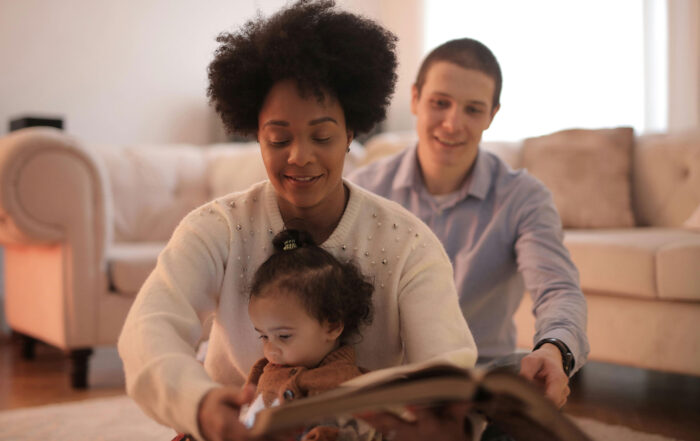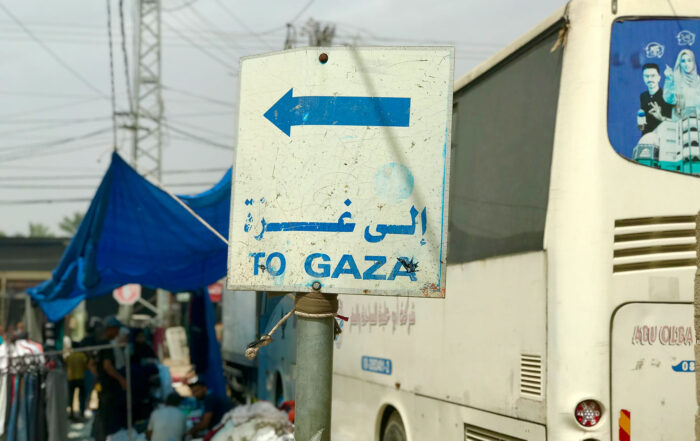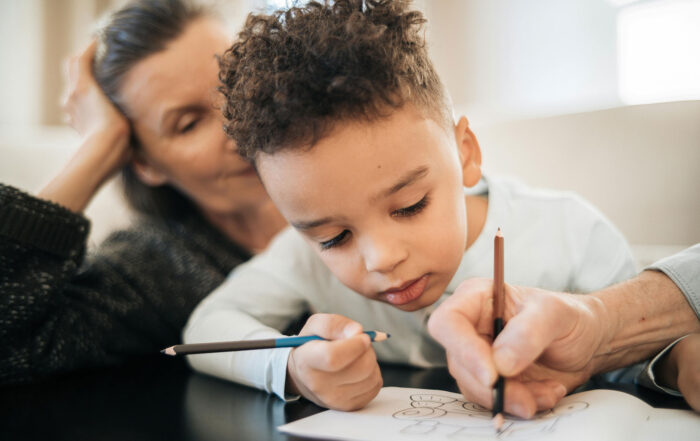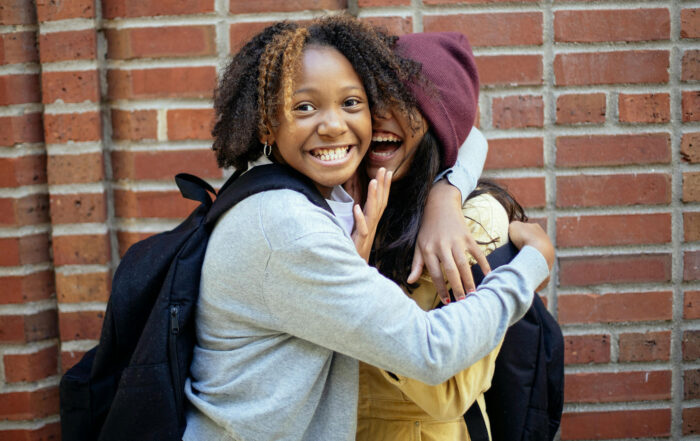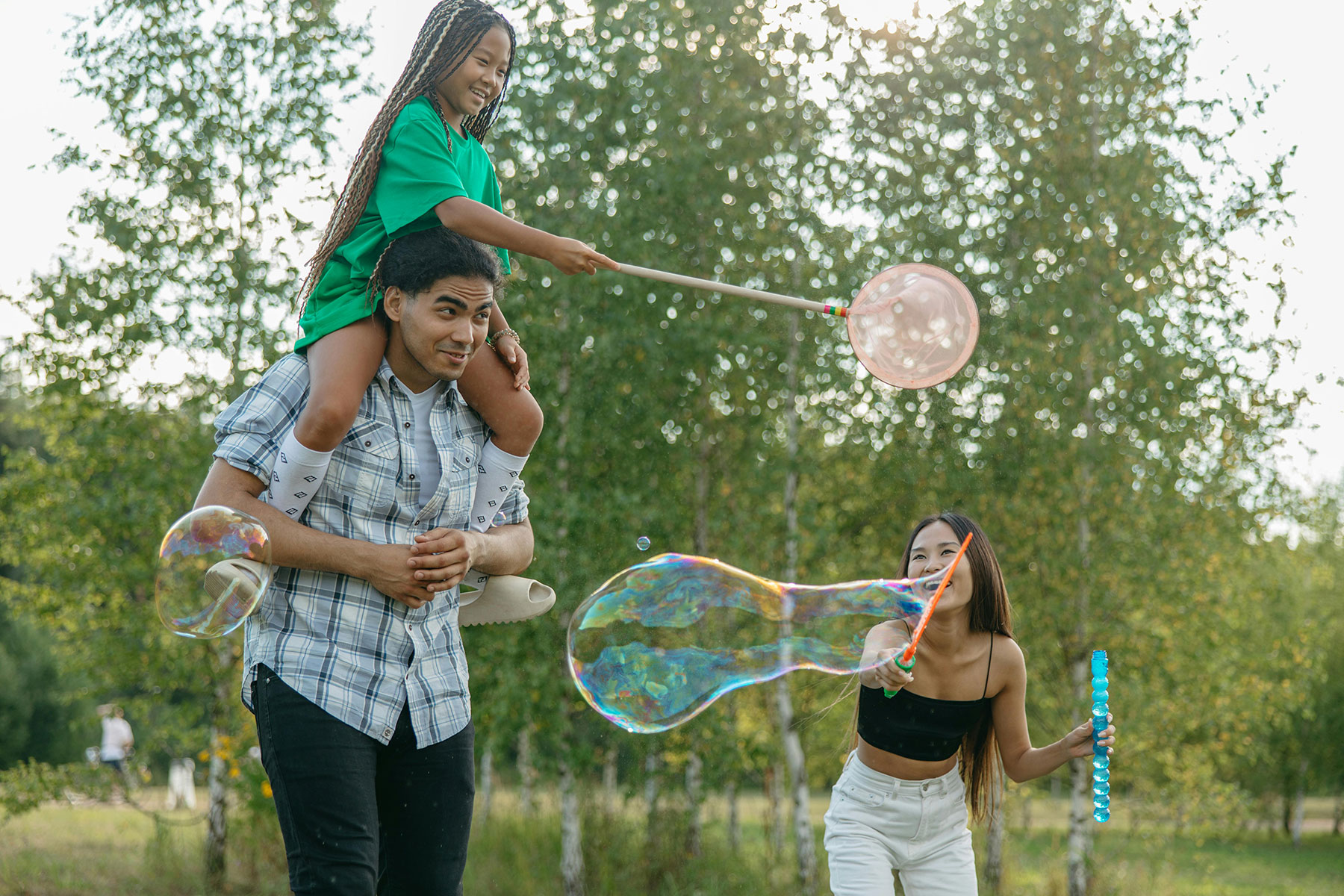
By Stacey Steinberg
Children may be processing the disruptions in their lives right now in ways the adults around them do not expect: acting out, regressing, retreating or even seeming surprisingly content. Parents need to know that all of this is normal, experts say, and there are some things we can do to help.
“Our natural response to scary things is biologically to release stress hormones,” said Dr. Nadine Burke Harris, a pediatrician and surgeon general of the state of California, and the author of “The Deepest Well: Healing the Long-Term Effects of Childhood Adversity.” The release of stress hormones activates our fight or flight response. Our bodies, in responding with the release of stress hormones, are doing exactly what they should be doing.
But in some cases, exposure to stressful events — which right now might include the absence of routines, a parent’s job loss and economic hardship, or the serious illness or death of someone a child cares about — can leave children feeling traumatized.
Share This Post!
How to Break the Cycle of Childhoold Trauma? Help a Baby’s Parents
By Rhitu Chatterjee, NPR Teresa Cox-Bates was only 11 years old when her father died, an event that dramatically altered her family's circumstances and shaped her childhood experiences. Studies also show that [...]
Supporting Children and Teens During the Holiday Season
Provided by The National Child Traumatic Stress Network This fact sheet provides tips that parents can use to talk to their children and teens about how they are feeling and changes to [...]
How a History of Trauma is Affecting the Children of Gaza
By Rhitu Chatterjee, NPR Researchers say the cumulative trauma of chronic ethnic-political violence has a profound and lasting impact on children's mental health and development, affecting their functioning and outlook on the [...]
Helping Children Cope After a Traumatic Event
Provided by the Child Mind Institute In the wake of a traumatic event, your comfort, support and reassurance can make children feel safe, help them manage their fears, guide them through their [...]
Mental Health Resources for Caregivers
Provided by Mental Health America Caregiving can often have a significant impact on the life of the caregiver in more ways than one. It can make maintaining your physical and mental health [...]
Post-Traumatic Growth
Psychology Today Post-Traumatic Growth is the positive psychological change that some individuals experience after a life crisis or traumatic event. Post-traumatic growth doesn’t deny deep distress, but rather posits that adversity can [...]


